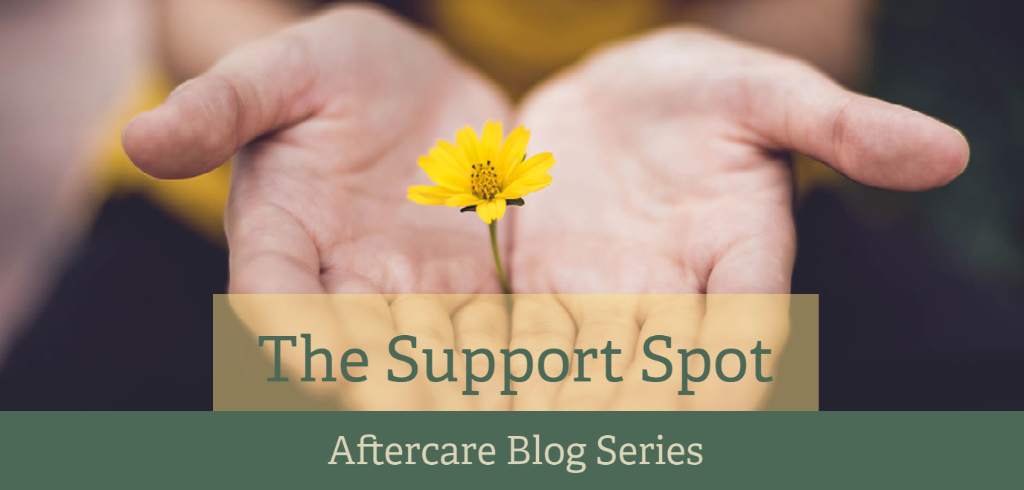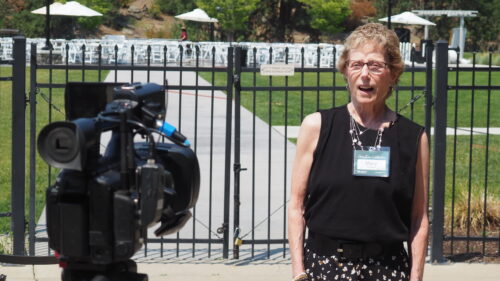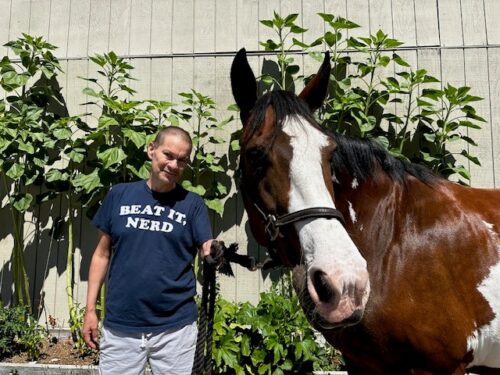
Special ways to honor our loved ones
When we think of anniversaries, we normally think of events such as weddings, career changes and graduations. These annual occurrences tend to spark joy or have beautiful memories associated with them. Remembering or honoring a significant day can help add meaning to our lives.
Unlike a wedding anniversary, commemorating the anniversary of a death can be a difficult day for some, but many find comfort in their grieving and acknowledgment of a loved one’s death. Because no one grieves the same, it’s important to know that what works for one person may not work for another when the death anniversary occurs. For some, a death anniversary day is the same as any other – they may even forget the anniversary altogether.
But many people find it to be a day when it’s impossible to escape their loss, often finding the first anniversary of their loved one’s death particularly difficult. Whether you feel it’s significant to mark your loved one’s life on the anniversary of their death, or an occasion such as their birthday, the way you choose to acknowledge the death of a loved one can change over time. And while a death anniversary can be painful, there are some special things that you can do to honor your loved one.
- Write a letter, poem, or song to your loved one.
- Play their favorite song or album or watch their favorite movie.
- Hold a special remembrance event or gathering with friends and family.
- Plan a quiet day of reflection.
- Cook your loved one’s favorite meal and enjoy it with family, friends or solo.
- Light a candle.
- Plant a tree.
- Take a trip to a place that they loved going to or somewhere that was on their bucket list.
- Spend time in nature.
- Create a photo memory book with a collection of your favorite photos.
- Give flowers to someone or lay flowers at their final resting place.
It can also be helpful to acknowledge that it’s okay to simply let the death anniversary be “just a day” and not feel the need to make it something significant. Many organ and tissue donor families have shared with us that the death anniversary can feel incredibly overwhelming and painful, and they would rather that it simply come and go, as it can be an intense reminder of the pain that they experienced on that day. Recognizing this can take the pressure off and allow someone to focus on a different annual occurrence such as a birthday, which may elicit more positive and joyful memories. It’s important to note that this realization may not come easily to some and that it may time some time to work through grief and come to a place of accepting the notion that it’s “just a day.”
There are many ways across the world that different cultures acknowledge a death anniversary. Here are a few found on the website, Love to Know.
Jewish Mourning Ritual
Yahrzeit is a Jewish death ritual observed every year on the Hebrew date of death. Individuals observe the ritual by lighting a candle in memory of their deceased loved one, reciting Kaddish and attending services at their synagogue.
Buddhist Mourning Ritual
Ghost month is one Buddhist death ritual used to mark the anniversary of a family member’s death. Buddhists offer prayers on this day to deceased ancestors to help them in their rebirth. This ceremony takes place during the 7th lunar month each year.
Mexican Mourning Ritual
The Hispanic culture of death and dying combines a variety of ideas and customs from different cultures and the Catholic faith. Dia de los Muertos, or the Day of the Dead, is one way Mexicans remember loved ones after they’ve died. Individuals create ofrendas, or alters, that showcase photographs of deceased loved ones.
Native American Mourning Ritual
The Oneida Nation has a specific Native American death ritual in which the entire community gathers to honor deceased loved ones. A death feast is held once each spring and once each fall. To honor the deceased, a plate is made and set aside for them.
Hindu Mourning Ritual
Hindu death rituals include one specific way to mark the anniversary of a person’s passing every year. A priest is called to perform shraddha rites in the home of a family member as long as there are male heirs in the family.
As always, please know that our Donor Family Aftercare team is here to provide support to you and your family, and we’d love to hear the ways that you have honored and remembered your loved one.
Grief is a journey that never completely ends. The scenery changes, and the terrain becomes easier, but there is no point of arrival.
Unknown




